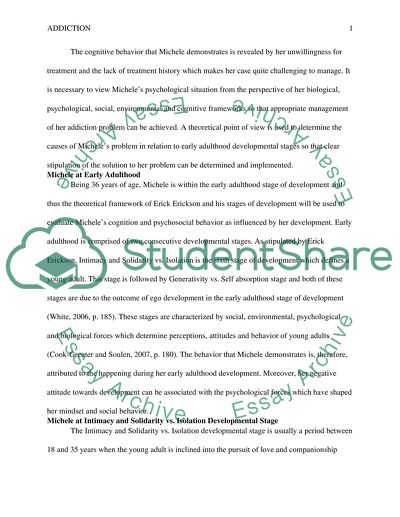Cite this document
(“Addiction Case Study Example | Topics and Well Written Essays - 1500 words”, n.d.)
Retrieved de https://studentshare.org/psychology/1395706-addiction
Retrieved de https://studentshare.org/psychology/1395706-addiction
(Addiction Case Study Example | Topics and Well Written Essays - 1500 Words)
https://studentshare.org/psychology/1395706-addiction.
https://studentshare.org/psychology/1395706-addiction.
“Addiction Case Study Example | Topics and Well Written Essays - 1500 Words”, n.d. https://studentshare.org/psychology/1395706-addiction.


